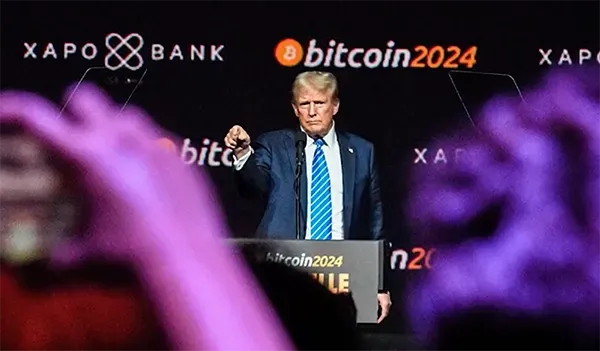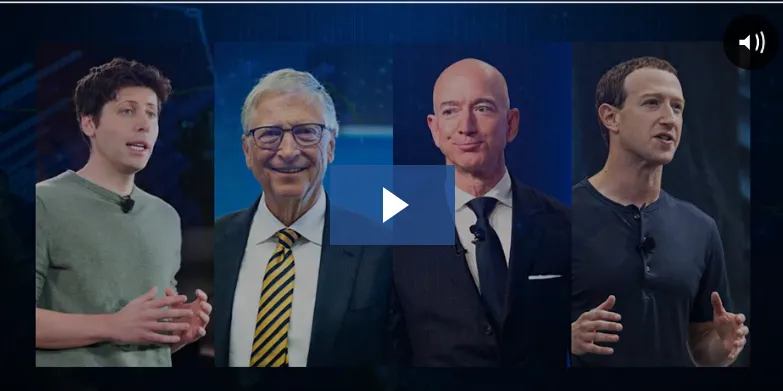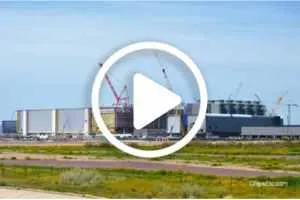The Race to Catch Up
Microsoft CEO Satya Nadella committed $80 billion to expand Azure's AI infrastructure this year alone. "I'm good for my $80 billion," Nadella told CNBC on Wednesday. "Customers can count on Microsoft." The commitment represents the largest single-year technology investment in the company's history.
SoftBank CEO Masayoshi Son will chair Stargate, with semiconductor company Arm, Microsoft, Nvidia, Oracle, and OpenAI serving as key initial technology partners. This represents an unprecedented mobilization of private sector resources in response to a technological challenge.
Industry analysts point to the significance of this collaboration. "We're seeing something unprecedented here," notes Dr. Sarah Chen, Director of AI Research at Stanford. "This isn't just about catching up - it's about fundamentally reimagining how we approach artificial intelligence development in the United States."
Market Implications
Wall Street's response to these developments has been mixed. While traditional tech leaders initially suffered, companies aligned with Project Stargate have seen their stocks surge. Semiconductor manufacturers, cloud computing providers, and AI infrastructure companies have become the new market darlings.
Trading volumes have reached record levels, with some AI-focused ETFs seeing unprecedented inflows. "Investors are repositioning their portfolios for what could be a multi-year AI arms race," explains Morgan Stanley's head of technology research.
The Stakes Ahead
DeepSeek's emergence has demonstrated that significant AI advances can be achieved with fewer resources than previously thought. The company, funded primarily by quant firm High-Flyer, has accomplished what many thought impossible without massive corporate backing.
The implications extend far beyond Silicon Valley. The Department of Defense has reportedly accelerated its AI adoption timeline, while major financial institutions are reassessing their technology partnerships. The ripple effects are being felt across every sector of the economy.
As America mobilizes its response to the DeepSeek challenge, questions remain: Can this unprecedented public-private partnership deliver results quickly enough? And what happens if it doesn't?
The next few months will be crucial. With Project Stargate's first milestones due in Q2 2025, the world watches to see if this massive investment will help America regain its technological edge in the AI race.
"The future of global technological leadership hangs in the balance," concludes Schmidt in his op-ed. "This is our generation's Sputnik moment. How we respond will define the next century."







